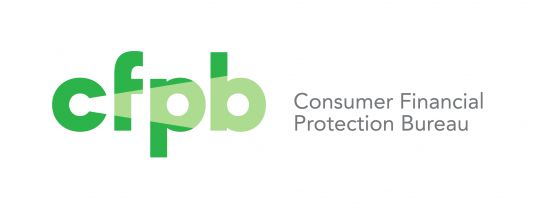
Two new defendants have been named in a Federal Trade Commission case against a phony debt relief and credit repair scheme that allegedly deceived consumers about non-existent federal programs to pay off their bills and fix poor credit.
The case was originally brought in August 2014 against the unnamed operators of the scam, which operated under the names American Bill Pay and American Benefits Foundation. The court granted a temporary restraining order in the case shutting down the scam. Since that time, the FTC’s continuing investigation and discovery in the case led to two individuals, Sereika Savariau and Lawrence Goodison, who the FTC alleges in an amended complaint operated the scam from Jamaica.
The amended complaint was accepted by the court, and the case remains in litigation. The FTC is seeking to have the scam permanently shut down, and obtain refunds for consumers who paid for the scammers’ bogus debt and credit services.
FTC Names Two New Defendants in Debt Relief and Credit Repair Scam
http://www.insidearm.com/daily/collection-laws-regulations/collection-laws-and-regulations/ftc-names-two-new-defendants-in-debt-relief-and-credit-repair-scam/
http://www.insidearm.com/feed
insideARM













